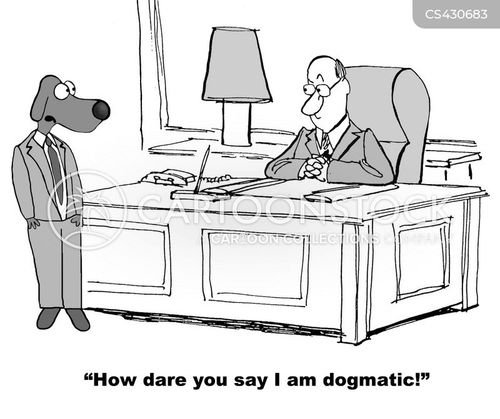@Marty
The ramifications of Behe’s hypothetical Billiards Shot Scenario:
Please note that there is a category of Evolutionary steps that are not prohibited by Behe’s model. Let me list what I think is the total list of categories:
A) Evolutionary steps that seem likely or even inevitable given rudimentary cosmology and biology.
B) Evolutionary steps that are possible, but are extremely unlikely, or require extremely long wait times to expect their appearance.
C) Evolutionary steps that are just not possible because they violate the norms of natural law. For example, one cannot expect humans will eventually evolve into angels, if one thinks only God can make angels by super-natural means.
If we divide all of Evolutionary speculation into these three categories, Behe’s model provides only for (A) and (B). At no time in his discussion (before his video or after his video) has he ever suggested that God made Adam and Eve by means of super-natural special creation.
In contrast, even the most unlikely natural evolution can be sped up by God’s working out the details… removing the randomness from the process.
@@@@@@@@@@@@@@@@@@@@@@@@@
Obviously, if we wanted to accommodate the miraculous (which is not really spelled out in the title “Is There Hard Evidence for Macro-Evolution?”, God could miraculously insert flagella into tiny creatures, instead of waiting for them to evolve naturally.
But he has always felt they could evolve naturally if God arranges the details.
So this raises a big question for those attached to the paradigm that Intelligent Design casts the whole Universe into:
If Behe is right, and God arranged for all the details so that even the most unlikely (but still not IMPOSSIBLE) evolutionary event happened because God arranged the details, how would one ever be able to prove that?
How do you prove that God arranged details:
"because if God waited for un-assisted Evolution to do it, it would take
[a] an Eon too long, or
[b] a Century too long,
[c] or even just 5 minutes too long?"
@Marty, if you could express an answer to the question above, it would cut to the very heart of the problem for Creationists who see things in very black-and-white terms!
